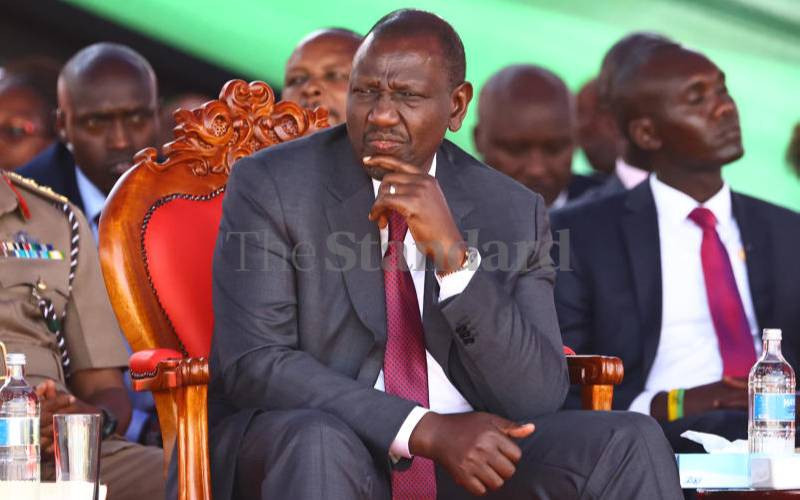×
The Standard e-Paper
Smart Minds Choose Us

President William Ruto has only been in office for seven months, a period within which several of his decisions have sparked controversy, amid accusations of going back on certain campaign promises.
This past week has, perhaps, been the most controversial. On Tuesday, his Cabinet approved a Bill that would allow the Executive to bypass Parliament in the sale of State corporations, igniting fury from the Opposition and other stakeholders.